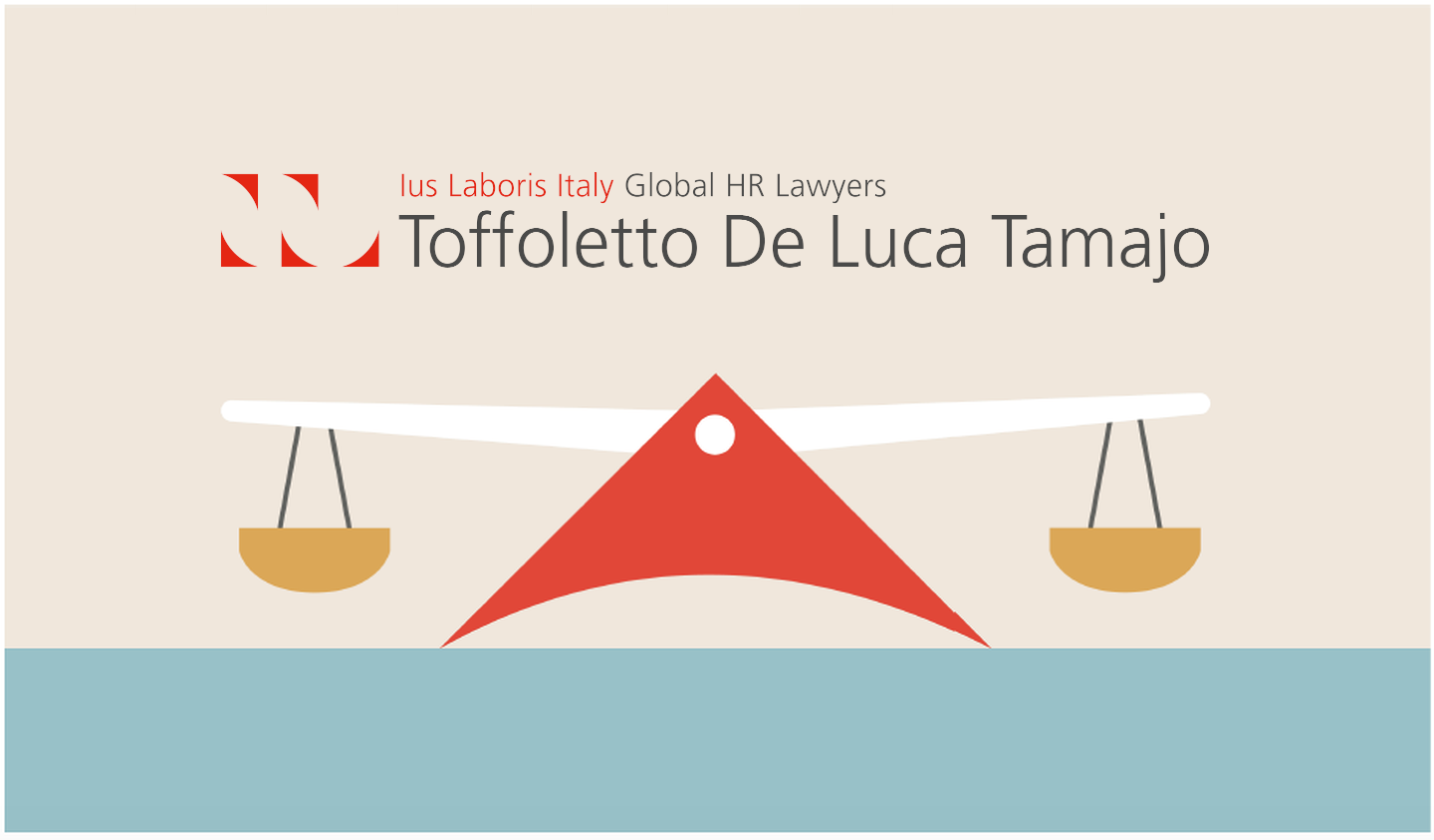Last Updated on August 8, 2022
Legislative Decree No. 105 of 30 June 2022, implementing Directive (EU) 2019/1158, has been published in the Official Gazette. The Decree amends regulations regarding leave with the aim of helping parents and caregivers to improve their work-life balance and better share family responsibilities.
The measure will come into force on 13 August 2022.
Paternity leave
The Decree revises the current rules on paternity leave by including new provisions in the Consolidated Text on maternity leave (Legislative Decree No. 151/2001).
Pursuant to the new Decree, in the event of the birth of a child or perinatal death, the working father must take 10 working days off (20 in the case of multiple births), not necessarily continuous but not divisible into hours. This compulsory leave can be taken from two months before the expected date of birth to five months afterwards, subject to prior notification to the employer at least five days in advance, in writing or through the company’s absence management system.
During this period of absence, the father is entitled to a daily allowance equal to 100 per cent of his salary and he cannot be dismissed until the child is one year old.
Compulsory leave is flanked by what has now been renamed ‘alternative’ leave, already provided for in the event of death or serious illness of the mother, abandonment of the child by the mother or sole custody of the child.
Violation of the rights in question by the employer will incur:
- a fine ranging from €516 to €2,582, in the case of compulsory leave;
- imprisonment for up to 6 months, in the case of alternative leave.
Parental leave
Significant changes have also been made regarding the regulation of parental leave, as detailed below:
- the total number of months of leave to which a single parent is entitled has increased from 10 to 11, with a view to greater protection for single-parent families;
- the period of leave covered by an allowance equal to 30% of salary has increased from 6 to 9 months;
- the age of the child up to which parents are entitled to compensation during their leave has increased from 6 to 12 years.
Priority for smart working and part time work
The decree also facilitates access to flexible working arrangements for certain categories of employees. As of today, in fact, employers who wish to draw up smart-working agreements are required to give priority to requests made by employers who:
(i) are disabled in a situation of ascertained seriousness; with children up to 12 years of age
(ii) with severely disabled children with no age limit;
(iii) who take leave to assist a disabled family member pursuant to Law 104/92;
(iv) who provide assistance to a sick and dependent family member (caregivers).
In addition, the priority for transformation of the contract from full-time to part-time, already provided for workers who have a relative (spouse, parent or child) suffering from serious illnesses (oncological or otherwise) or who live with a seriously disabled person, is now also extended to civil unions and de facto cohabitations.
Finally, the Decree clarifies that an employee who requests to benefit from the above-mentioned priorities may not be sanctioned, demoted, dismissed, transferred or subjected to other organisational measures that worsen their working conditions. In the event of a violation, the employer’s action would be null and void as it would be considered an act of retaliation or discrimination.
Protection
To complete the new regulatory framework and as additional means of protection, the Decree introduces:
- the prohibition to discriminate against workers who request or benefit from the new measures related to their own disability or the disability of those they assist;
- the refusal to issue the so-called “Certification of Gender Equality” for employers who, in the two years preceding the request for such a certificate, have committed violations, in terms of hindrance or refusal, of the new prerogatives regarding parenting and disability. Please note that such certification makes virtuous companies eligible for tax relief and/or bonuses.
- specific actions and initiatives of an informative nature to promote and raise awareness of measures that support parents and caregivers.
Our Firm is at your disposal to help you better understand the scope of the new provisions and provide any necessary clarification.
Di: Avv. Alessia De Concilio e Avv. Stefania Vitiello
To find out more: comunicazione@toffolettodeluca.it
